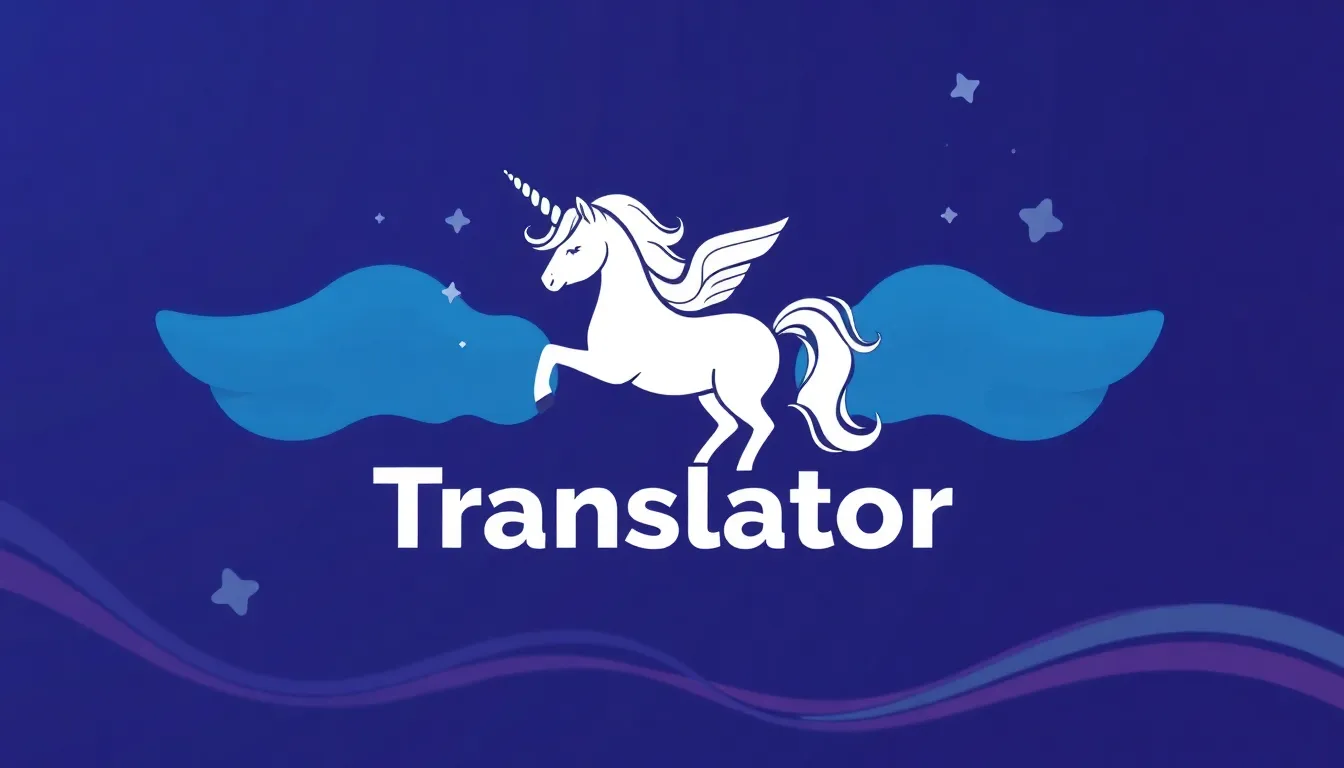Understanding Sales AI and Its Impact on Revenue Growth
In today’s rapidly evolving business landscape, organizations are increasingly turning to Sales AI to enhance their efficiency and drive revenue growth. Sales AI refers to the application of artificial intelligence techniques to automate and optimize sales processes, gather insights on customer behavior, and facilitate better decision-making. The integration of AI in sales enables companies to streamline their operations, allowing sales teams to focus on building relationships and closing deals. With the potential to transform the sales landscape, understanding Sales AI becomes imperative for organizations aiming to compete effectively.
What is Sales AI?
Sales AI encompasses a variety of technologies that leverage artificial intelligence to improve sales performance. This includes tools for predictive analytics, lead scoring, sales forecasting, and customer relationship management. By utilizing machine learning algorithms, Sales AI can analyze vast amounts of data, identify trends, and make recommendations that help sales teams prioritize leads, personalize communications, and increase conversion rates.
The Evolution of Sales with AI Technology
The evolution of sales has been greatly influenced by technological advancements over the years. From basic customer relationship management systems to sophisticated AI-driven sales solutions, the change has been significant. Initially, sales processes relied heavily on manual entry and human intuition, often leading to inefficiencies and missed opportunities. Today, AI enhances every stage of the sales funnel, from lead generation to post-sale customer support, enabling a more data-driven approach.
The Importance of Data-Driven Decision Making
Data-driven decision-making is crucial in the sales domain, as it empowers teams to base their strategies on empirical evidence rather than gut feelings. Sales AI tools can process and analyze vast datasets in real time, providing sales reps with actionable insights. This capability is essential for tailoring sales approaches to meet the unique needs of prospects and customers, ultimately leading to improved outcomes. Companies that adopt a data-centric approach report higher sales conversion rates and improved customer satisfaction.
Key Features of Effective Sales AI Solutions
Automating Sales Processes
One of the standout features of Sales AI is its ability to automate repetitive tasks that consume valuable time and resources. Automation can range from simple email correspondence to complex sales forecasting models. By delegating routine tasks to AI applications, sales representatives can focus their energy on high-impact activities, such as engaging with prospects and understanding their needs. This not only increases productivity but also allows for a better customer experience.
Enhancing Customer Insights through AI
Customer insights are vital for effective sales strategies, and AI excels at gathering and analyzing data to improve understanding of customer behavior. Sales AI tools can examine purchase history, browsing habits, and demographic information to develop comprehensive customer profiles. Such insights facilitate personalized marketing strategies, enabling sales teams to craft tailored messages that resonate with potential buyers and enhance engagement.
Predictive Analytics for Improved Strategy
Predictive analytics is a cornerstone of Sales AI, helping organizations forecast future sales trends based on historical data. By analyzing past sales performance and customer interactions, AI can identify patterns that guide sales strategies. For example, predictive analytics can assist in identifying which leads are most likely to convert, allowing teams to prioritize efforts effectively. Organizations that implement these insights often see significant improvements in their closing rates and overall revenue.
Comparing Top Sales AI Tools on the Market
SalesAI vs. Competitors
As the market for Sales AI tools expands, various solutions have emerged, each boasting unique features and capabilities. Platforms like SalesAI lead the charge by offering comprehensive AI automation that adapts to the specific needs of a sales team. When comparing SalesAI with competitors, it’s essential to evaluate the robustness of their features, such as integration capabilities, user interface, and analytics tools. Understanding how each solution aligns with organizational goals will inform the selection process.
Key Features to Evaluate
When selecting a Sales AI tool, organizations should consider several critical features:
- Integrations: The ability to integrate with existing CRM systems and marketing tools makes implementation seamless.
- Customization: Solutions that allow for customization based on industry-specific needs can provide a competitive edge.
- Scalability: As organizations grow, their Sales AI tools should adapt to larger datasets and more complex requirements.
- Support and Training: Robust customer support and training options are vital for maximizing the value of Sales AI solutions.
User Experience and Support Considerations
The user experience of Sales AI tools can significantly impact their effectiveness. Tools with intuitive interfaces tend to see higher adoption rates among sales teams. Additionally, the availability of resources such as tutorials, user communities, and responsive support channels can enhance how effectively the team utilizes the technology. Prospective buyers should research user reviews and testimonials to gain insights into the user experience before making a decision.
Implementing Sales AI in Your Organization
Assessing Your Current Sales Processes
Before integrating Sales AI, organizations must assess their current sales processes to identify areas that need improvement. This evaluation should include examining workflows, lead generation tactics, and customer management strategies. Gathering input from sales representatives can illuminate pain points and highlight opportunities for AI intervention. A thorough understanding of existing processes lays the foundation for selecting the most suitable Sales AI tools.
Steps to Integrate AI Solutions
The integration of Sales AI requires a methodical approach:
- Define Objectives: Clearly outline what the organization aims to achieve by implementing Sales AI. This could include increased sales efficiency, improved forecast accuracy, or enhanced customer understanding.
- Choose the Right Tool: Based on the assessment of current processes and set objectives, select the Sales AI tool that best meets organizational needs.
- Develop a Rollout Plan: Create a phased rollout plan that minimizes disruption to the sales team while allowing for a smooth transition to the new system.
- Train the Team: Invest in comprehensive training for the sales team to ensure they are up to speed with the new technology and can utilize it effectively.
- Monitor and Optimize: After implementation, continuously monitor performance metrics to identify areas for improvement and optimize the use of Sales AI.
Training Your Team for Success
Training is pivotal to the success of Sales AI integration. Sales teams must understand not only how to use the tools but also the value they add to their processes. Developing a structured training program that includes hands-on sessions, workshops, and ongoing support will empower teams to embrace the change and realize its benefits. Additionally, encouraging a culture of feedback will help identify additional areas where the tool can be utilized for maximum impact.
Measuring the Effectiveness of Sales AI
Performance Metrics to Monitor
To evaluate the success of Sales AI implementation, organizations should monitor specific performance metrics:
- Conversion Rates: Track the percentage of leads that convert into customers to measure effectiveness.
- Sales Cycle Length: Analyze how Sales AI impacts the duration of the sales cycle, aiming for reductions.
- Customer Engagement: Evaluate metrics such as response rates to personalized campaigns and overall customer satisfaction ratings.
- Return on Investment (ROI): Assess the financial benefits gained from using Sales AI compared to the costs associated with its implementation.
Gathering Feedback for Continuous Improvement
Ongoing feedback from the sales team regarding their experiences with Sales AI can lead to improvements in system usage and functionality. Establishing regular check-ins and encouraging open dialogue will create an environment where users feel comfortable sharing insights. This feedback loop will also help organizations stay agile, adapting to changes and enhancing the AI system to better meet user needs.
Real-World Success Stories
Several organizations have successfully implemented Sales AI, reaping significant benefits. For example, a leading tech company integrated predictive analytics into their sales strategy, resulting in a 45% increase in lead conversion rates within six months. Another case involved a retail organization that utilized AI-driven insights to personalize customer outreach, leading to a 30% boost in sales during promotional campaigns. These success stories demonstrate the tangible impact that Sales AI can have on revenue growth and operational efficiency.















Leave a Reply